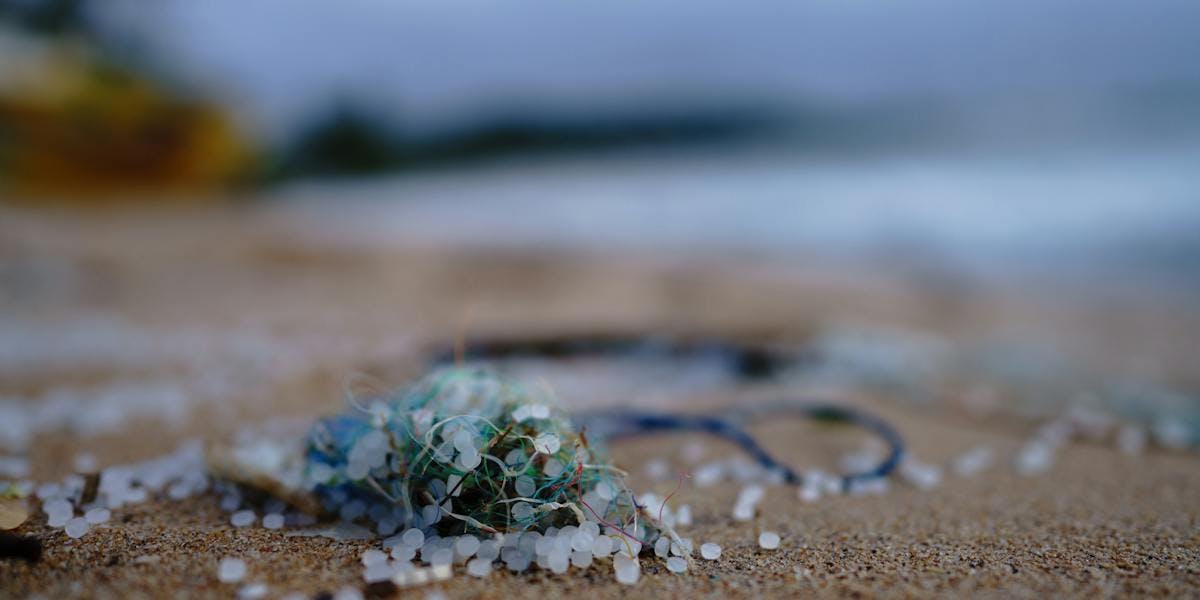Lifestyle
What Are Microplastics?
2min read
With growing concerns over the state of our oceans, there are many reports detailing the huge consequences of microplastics. But what are microplastics, and why does it pose such a threat to our planet?
What are microplastics?
Microplastics are synthetic materials that are fragments of PET, found commonly in drink bottles and food containers, and are tiny particles of waste. Plastics don’t dissolve and degrade organically, which means when they break up, they continue to erode and and get smaller, which makes it increasingly hard to remove. Microplastics are at least 5mm in size, about the size of a sesame seed. When you put into perspective that microplastics can be as small as 1.6 micrometers, or 0.0016mm, it’s easy to see just how tiny microplastics are, and how it can infiltrate all corners of our planet.
A brief summary of the problem with microplastics
There are huge concerns over how microplastics contribute to climate change, as well as our own health. Microplastics have polluted our oceans, which puts whole ecosystems in danger as marine life inadvertently consumes them. This can shorten the lifespan of sea animals, which can severely disrupt the food chain and put some marine life at risk. Studies have shown that marine life can ingest microplastics either directly from the water, or through ingested by their prey.
This problem is also reflected in humans. Seafood is still a large part of many people’s diets around the world, however, with the number of microplastics being ingested by sea animals, humans also ingest them. And it’s not just through eating seafood that we end up consuming them — it’s in the water we drink, the bottles and cartons we use each day, and even in the air. As such, we eat around 50,000 plastic particles each year. In fact, studies have shown that microplastics are passed down to babies, with traces found in placentas. As well as this, it has also been detected in our bloodstreams for the first time in a recent study, which harbours huge consequences. It is not currently known how this will affect humans, and research is underway to determine the long-term effects this may have on our health.
It’s easy to feel anxiety about the pollution of microplastics as more research is carried out determining the many consequences, but there are also encouraging pieces of research showing how we can tackle this problem, including this promising study from Texas, using okra as a means of filtering microplastics from water.
Read our article on eco-anxiety next.
By Toni Olukiran
Toni is one of our lovely Content Marketing Assistants, and when she’s not writing posts about everything from Jamaican cooking to vegan champagne, she’s making a Spotify playlist (she was at 200, at her last count) or playing tennis in the park.
Let us take care of dinner
We help to make eating more plants easy and delicious. Fancy letting us take care of dinner? Check out our delicious meals here.
Shop now
